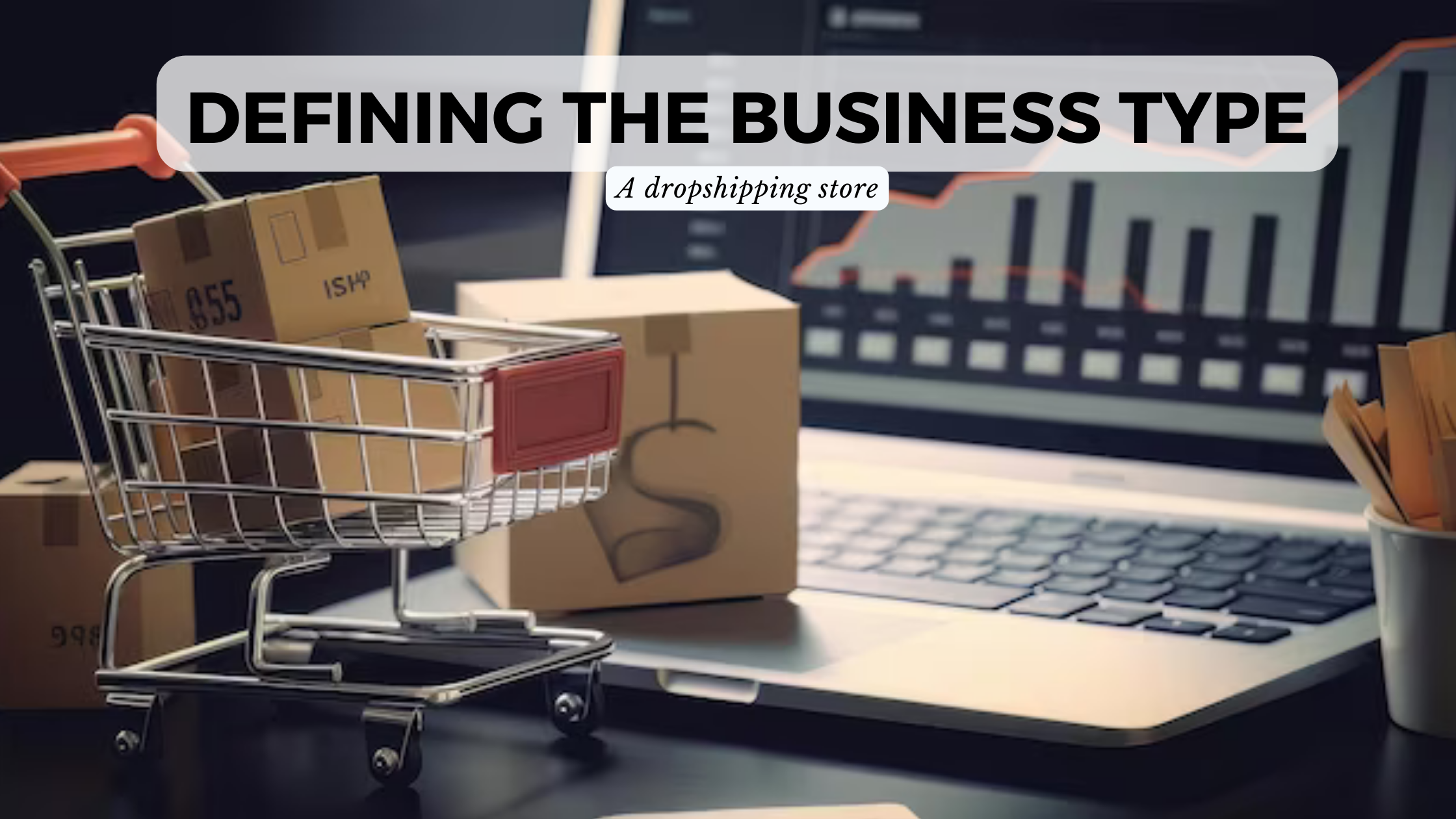Defining the business type of a dropshipping store


Defining the Business Type of a Dropshipping Store
In the ever-evolving landscape of e-commerce, dropshipping has emerged as a popular business model. Many aspiring entrepreneurs are drawn to its low-risk entry and flexibility. But what type of business is a dropshipping store exactly? In this article, we’ll explore the nature of dropshipping businesses and introduce essential SaaS products to help streamline operations.
Understanding the Business Type of a Dropshipping Store
A dropshipping store can be classified as a retail business that doesn’t hold inventory. Instead, when a product is sold, the store purchases the item from a third party and has it shipped directly to the customer. This unique model comes with its own set of advantages and challenges, making it crucial to define the business type accurately.
Key Characteristics:
- No Inventory Holding:
- Dropshipping stores don’t manage or store inventory. Products are sourced and shipped directly from suppliers.
- Low Entry Costs:
- The absence of inventory and fulfillment costs lowers the barriers for new entrepreneurs to start an e-commerce business.
- Flexibility:
- Entrepreneurs can offer a wide range of products without the constraints of stocking physical inventory.
- Outsourced Shipping:
- Shipping and fulfillment are handled by suppliers, reducing the logistical burden on the store owner.
Relevant SaaS Products for Efficient Dropshipping Operations
To define and streamline the business type of a dropshipping store, consider integrating the following SaaS products:
1. Shopify
Shopify is a comprehensive e-commerce platform that simplifies setting up and managing a dropshipping store. It offers a range of customizable templates and integrated tools.
2. Oberlo
Oberlo, now part of Shopify, enables seamless product import from suppliers on AliExpress. It automates order fulfillment and inventory management.
3. Zendesk
Efficient customer support is vital. Zendesk provides a unified platform for managing customer inquiries, feedback, and support tickets.
4. QuickBooks Commerce
Formerly known as TradeGecko, QuickBooks Commerce offers inventory management, order fulfillment, and multichannel sales solutions.
5. PayPal
Secure and convenient, PayPal is a widely used payment gateway for processing transactions in dropshipping stores.
Conclusion: Navigating the Dynamics of Dropshipping
Understanding the business type of a dropshipping store is essential for success. With the right SaaS tools, entrepreneurs can navigate the dynamics efficiently.
As you embark on your dropshipping journey, Subscribed.FYI provides valuable insights and a platform to manage your SaaS subscriptions. Explore exclusive Subscribed.FYI Deals to unlock savings on essential tools, optimizing your dropshipping operations.
Relevant Links:








